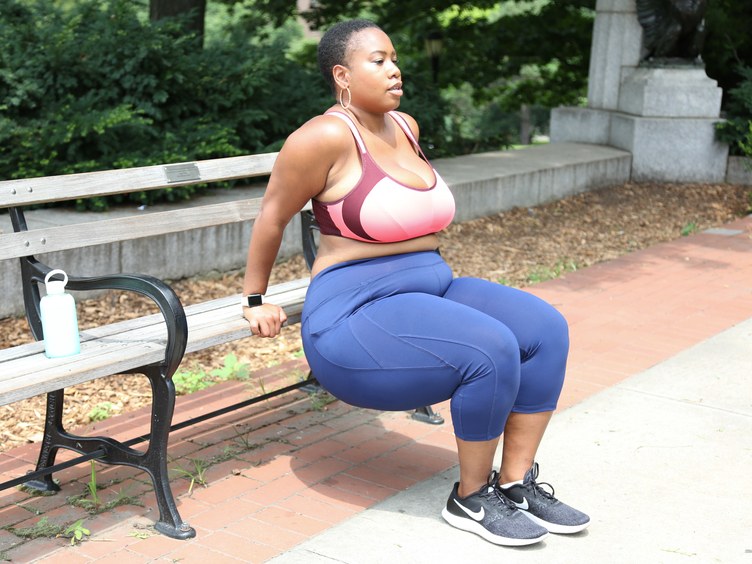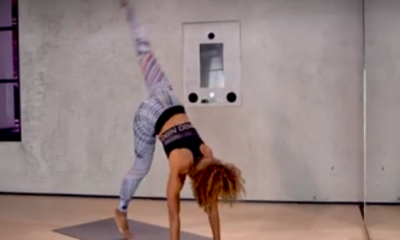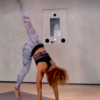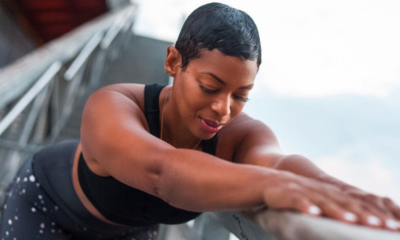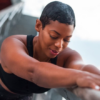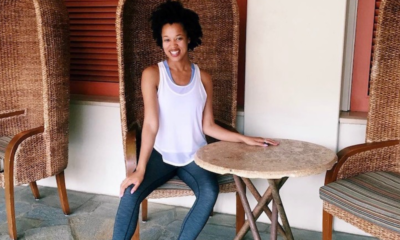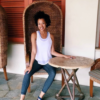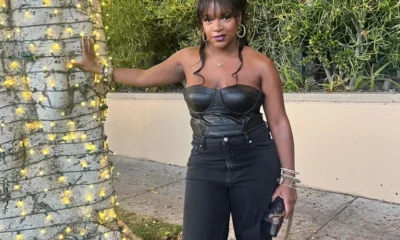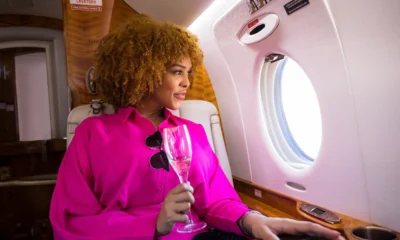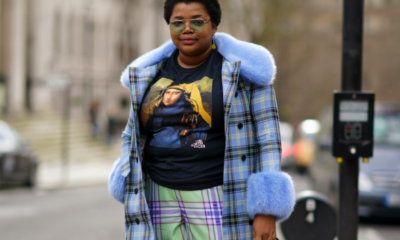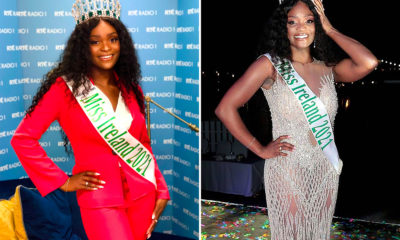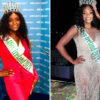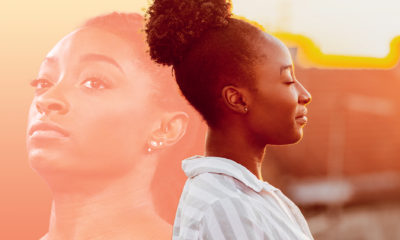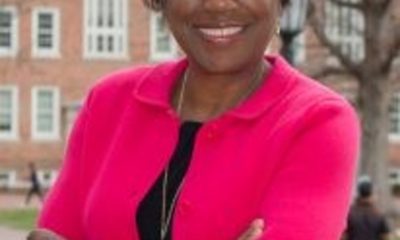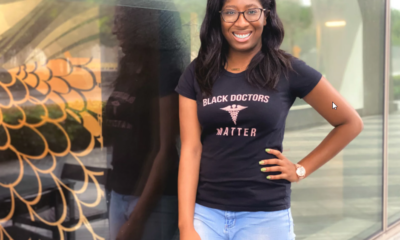Beauty and Health
Black Women Work Out—Whether or Not It Looks Like It to You
Being curvy and fit are not mutually exclusive.
During President Obama’s first term, something happened that put black women’s bodies in the spotlight: First Lady Michelle Obama announced her Let’s Move campaign, which aimed to reduce obesity by educating kids on the importance of exercising and eating right. While the launch of the program had its share of successes and missteps, it also had another, more surprising consequence: It opened the door for many to comment on Michelle Obama’s body. The criticisms were swift: Suddenly, pundits were discussing whether she was too muscular, too big, or too lean. Others said her shoulders were too broad or her derrière was too wide. Her body, almost overnight, fell under intense scrutiny.
The same could be said for black women as a whole.
Around that same time, it seemed like everyone wanted to join the debate over our bodies and our health. In 2012, The New York Times published an op-ed that sought to answer the question of “Why Black Women Are Fat.” The same year, the Washington Post published an article that seemed to express shock that black women could be “heavier and happier with their bodies than white women,” and therefore that they could work out for their health and not to get skinnier. Then-Surgeon General Regina Benjamin (a black woman herself) repeated another shameful stereotype about black women, implying that we were too vain to sweat and run the risk of ruining our hair after spending hours to straighten it flawlessly.
As a black woman working in the fitness industry, I am all too familiar with people making assumptions about my health based off how my body looks.
I have my own successful weight-loss story, which I eventually turned into a career—and every step of the way, there was someone who doubted me and questioned my presence as a fitness professional or a thought leader in the industry because of the way I looked. I wasn’t built like a bodybuilder with a lean physique and a visible six-pack—I had, and still do have, curves. I was putting in the work to better my health, yet people assumed that wasn’t the case since my body didn’t look like the mainstream ideal of “wellness.”
People frequently assume black women aren’t taking care of themselves or working toward improving their fitness because many are curvy and plus-sized instead of lean and chiseled. The argument is that plus-size women are not working hard enough if they’re still plus-sized—and that’s bullshit. I understand the importance of losing weight to improve health, but I also know that what constitutes “overweight” and “obese” is based off a highly scrutinized BMI scale that doesn’t take into account if your weight comes from muscle mass or fat. I also know that you can never tell how healthy or fit someone is just from looking at them.
When I first started working out, I wasn’t running marathons—I was walking to the grocery store instead of driving. I wasn’t lifting 45-pound plates in a gym, grunting like an animal—I was doing push-ups against a wall at home, or working out at the gym in solitude after hours. Even when I first started running, there were times when I’d run, and times when I’d stop and walk. Which I suppose made it look like I wasn’t working out. I also suppose that because my body was curvy, I didn’t look like a regular exerciser, either. But I was. I was out there working hard toward my goal and doing my best, despite what other people may have assumed.
The most glorious parts of my fitness journey were the thousands of little victories I experienced along the way. The day I could stand up without having to use my hands to help push me upwards, I cried when I realized what had happened. The day I could squat down to tie my daughter’s shoes …
Please read more- Black Women Work Out—Whether or Not It Looks Like It to You



